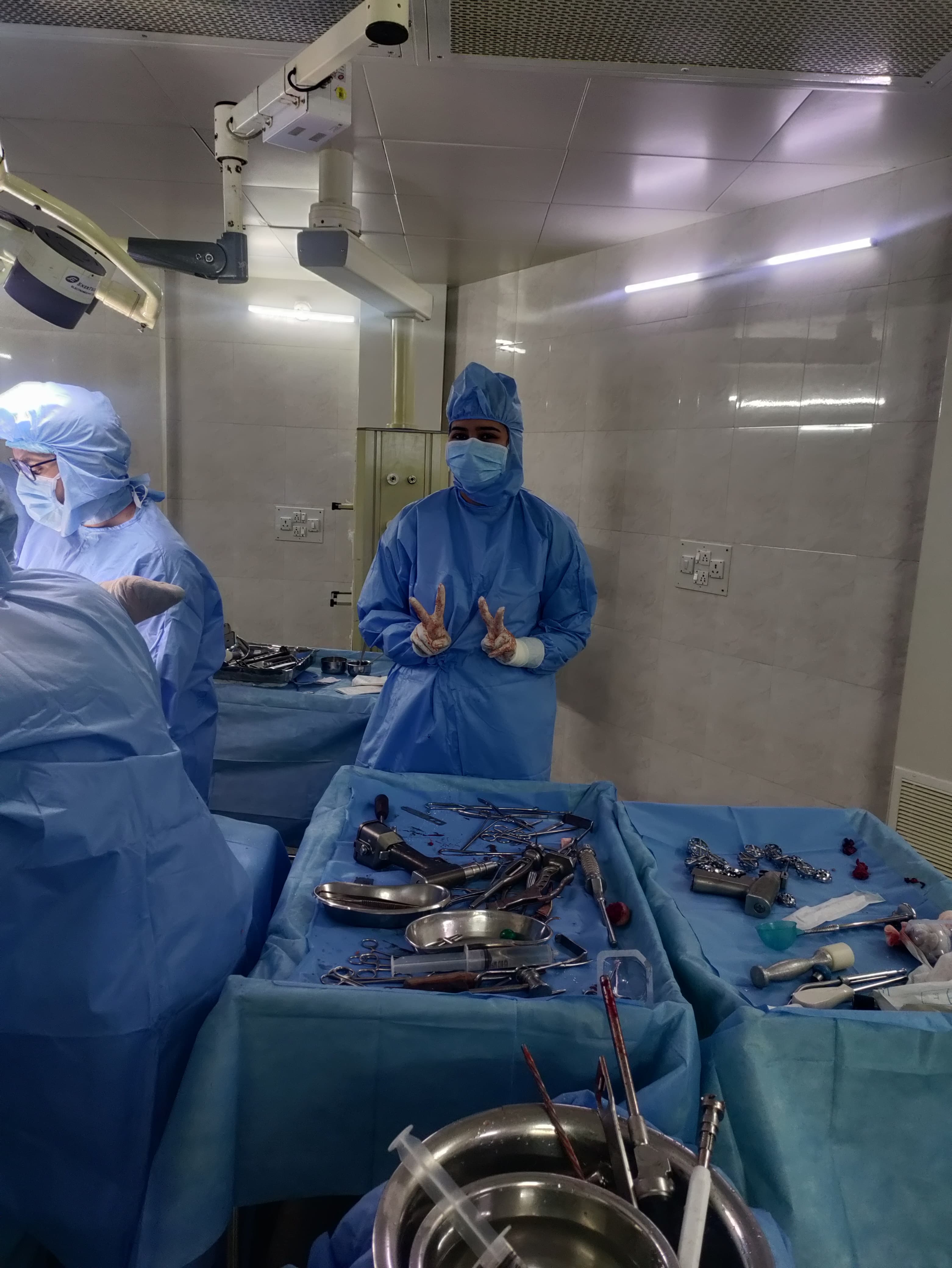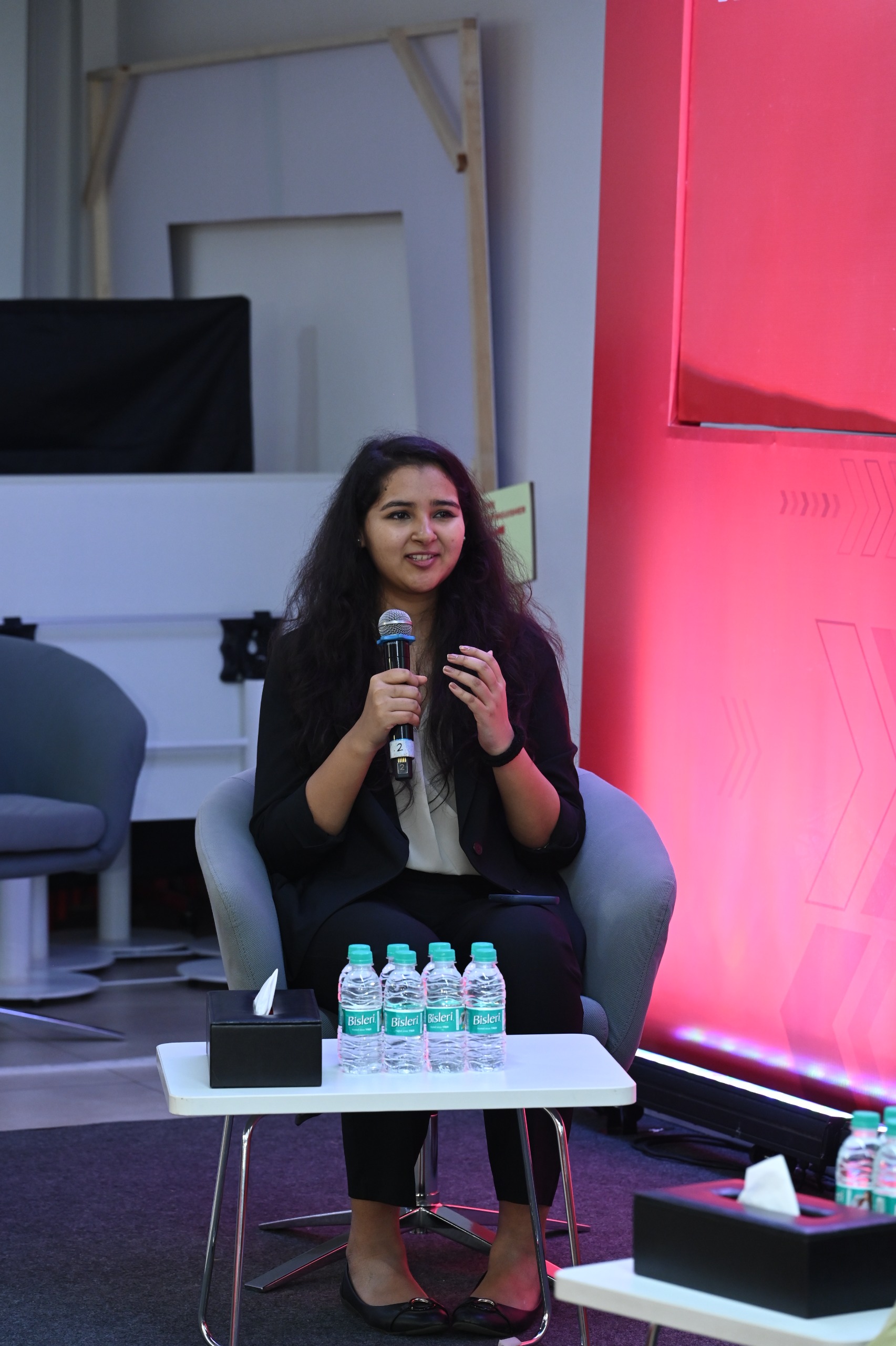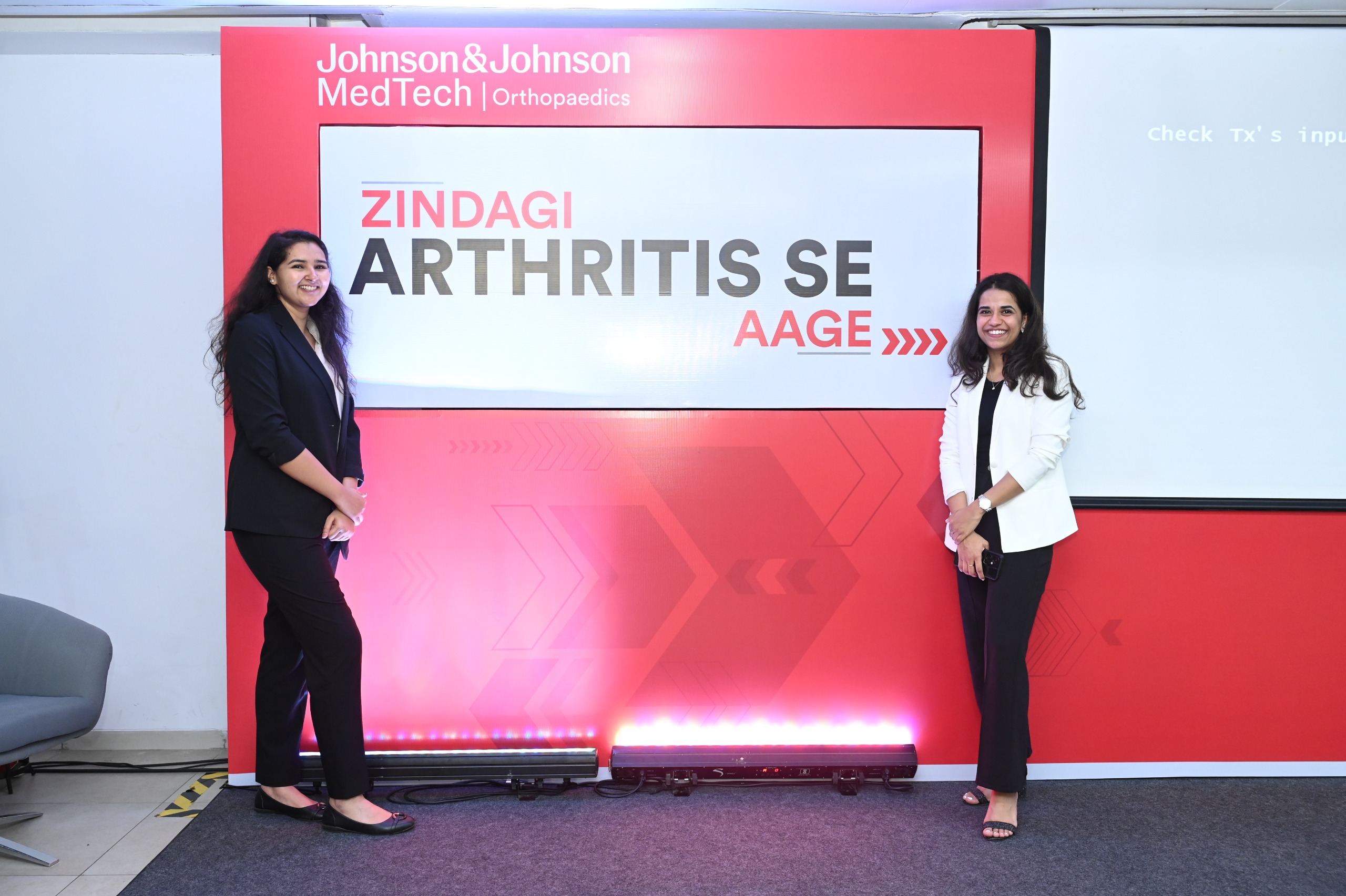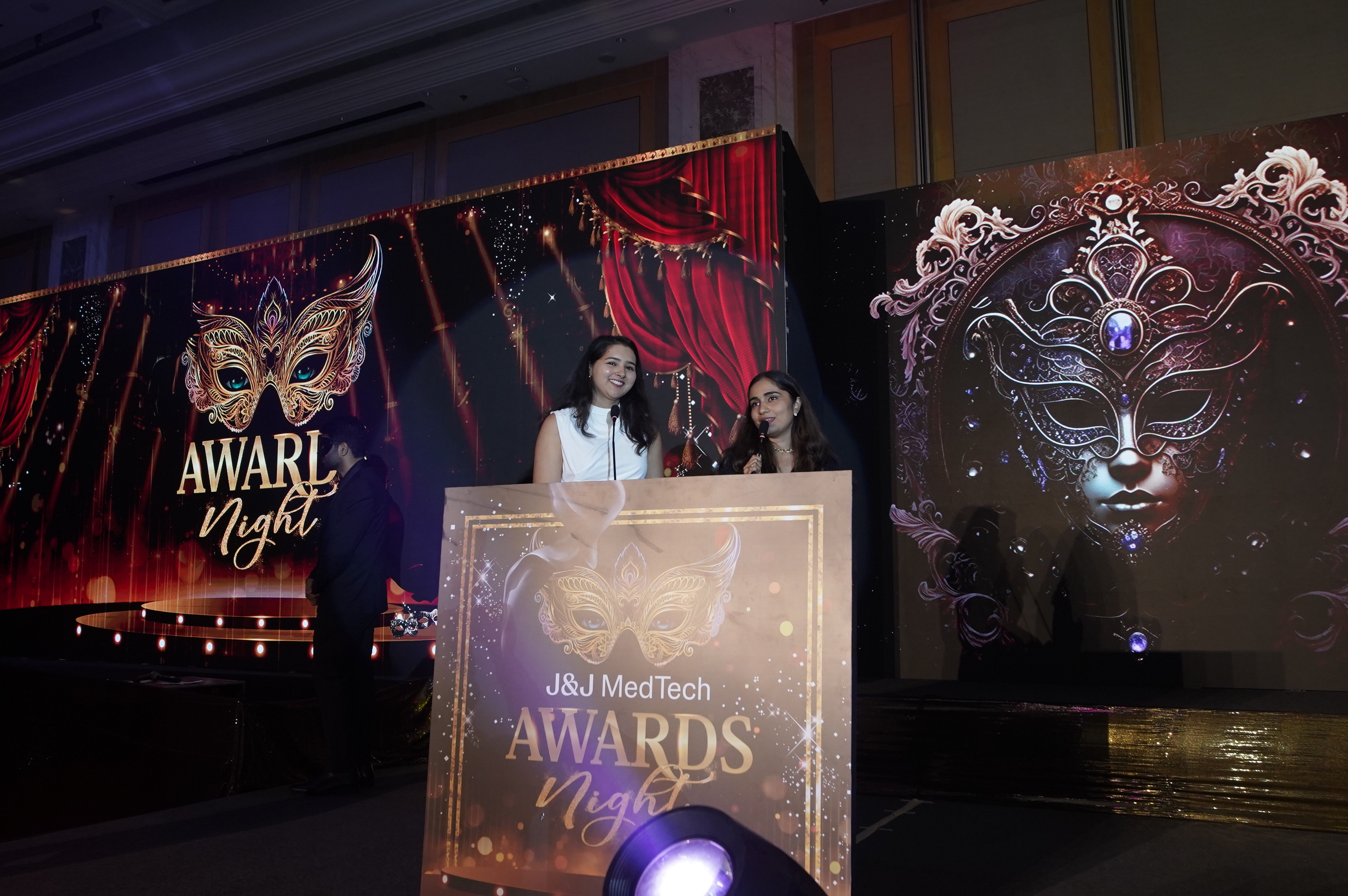Being Unsterile in a Sterile World
“Do you want to scrub today?”
The surgeon casually asked, as if it were the most normal question. I had entered the OT early in the morning wearing hospital scrubs, crocs, a mask and a cap, as I usually did every morning. It had become the new normal for me. However, I was still looking for an opportunity to scrub in. I was relatively new and not the most confident in the OT and scrubbing in and assisting with instruments excited me. I had spoken to surgeons earlier and requested them to let me in a surgery whenever they could. I couldn’t believe the day was finally here.
Within a few moments, I was washing my hands with Betadine following all the steps to ensure I was 100% sterile. Soon, I was covered in a scrub gown with 2 pairs of gloves on both hands sweating profusely in the chilled OT because I was worried I would move the wrong way and make everything unsterile.

That was my introduction to the world of sterility. When I entered the Johnson & Johnson office in Mumbai where I saw the red sofas and the beautifully decorated ceiling-high walls, I didn’t even know what scrubbing in meant (sorry, I only started watching Grey’s Anatomy very recently). I was excited and giddy to start my corporate journey. Here I am, 1 year into the corporate world with a fair bit of understanding of the medical industry, still as excited and giddy as I was on the first day.
A year ago, I would not have believed what my day-to-day would look like. As an MBA grad stepping into the field of sales and marketing, I was ready to dive into Excel sheets, discuss numbers, meet targets etc. I am still making pivot tables and I still have to meet my targets but I am also going to the OT every day, assisting the surgeon, learning about the knee and hip anatomy and so many other things that the medical industry brings with itself.
Walking through the medical industry is no easy task, especially if you’re coming from a non-medical background. There were quite a lot of things, both in and out of the OT, that I had never been exposed to. In this one year, I have picked up and learnt as much as I could and here are some of the things that stood out for me:
The Technical Know-How
During my MBA, we had read case studies about quite a few industries but I don’t recall reading anything about the medical device industry. One of the first things we learn as sales and marketing students is the process of a sales call. From my experience as an intern at an FMCG company, I have witnessed and been part of multiple sales calls where the salesperson goes to multiple retailers to take orders and also informs them of new products, schemes, discounts etc. At the core of it, the process here is the same, except that the customer is a surgeon. It changes everything about the sales call like how you have to make an appointment prior, how you conduct the call with technical knowledge and of course here, we are visiting hospitals and clinics instead of retail stores!
I spent the first 6 months of my Management Trainee stint working on my technical knowledge because if your customer is a surgeon, you need to learn to speak their language. Not only that but the products that you have to pitch are also technical and it’s important to have a deep understanding about what you are going to sell before you sell it. We had multiple trainings where we were taught about anatomy from scratch - muscles, bones, ligaments, tendons and everything necessary to understand human knees and hips. This was followed by learning about the what, why and how of knee and hip replacement, post which we learnt about implants - the real deal, the product my job was going to be based on.

Catering to Needs Firsthand
During my marketing stint, along with learning about the product, I was also working on national campaigns and surgeon engagement programs. In my marketing lectures, customer engagement used to be one of my favourite topics. I loved the concept of tracking the touchpoints and introducing an action which would keep the customer engaged at every step of the journey. It was similar here, in fact, it was more interesting because the customers we were catering to, we had a personal relationship on the ground with each one of them. Based on their needs, we were able to categorise them into groups and initiate an activity or program which would satisfy their needs.
For example: A few customers who have bought a new product have doubts about some aspects. So, we group them and hold a session for them where they can discuss and talk about their queries along with a few surgeons who have been using the product for a while and know the ins and outs of it.

Getting on the Field
I was excited to start my sales stint and get my hands dirty, with blood. No, but really, the sales calls here were about building a relationship with the surgeon by meeting them regularly and having a conversation with them not just about business but also beyond. We are essentially pitching a product to them that is going to stay in the patient’s body for the rest of their lives. It is a lifelong decision for the patient and trust is a very big aspect in this industry. The patient trusts the surgeon and the surgeon trusts the company with the product and also the service.
Speaking about service, our job does not end at a sales call, it continues even in the OT. If a surgeon allocates us a case, we are supposed to help them in the OT with the instrumentation. Instrumentation is basically a set of tools specific to every implant company which helps the surgeon perform the surgery based on the implant specifications. For most of the salesforce, OT is the place where you build the actual relationship with the surgeon.

There are a lot of nuances in this field that I have had fun getting used to and learning. I have gone from not knowing what a sterile zone in the OT is to assisting in a surgery all by myself. There is still a lot to learn in terms of technical knowledge and a long way to go.
Here’s to completing a year of my corporate life, until next time!